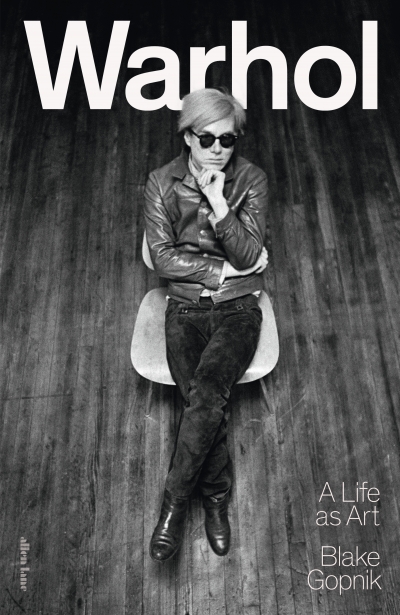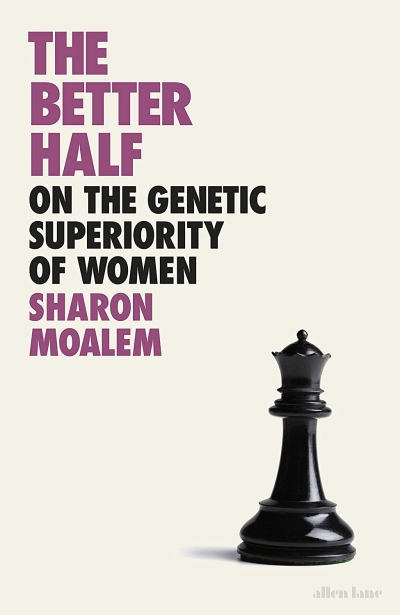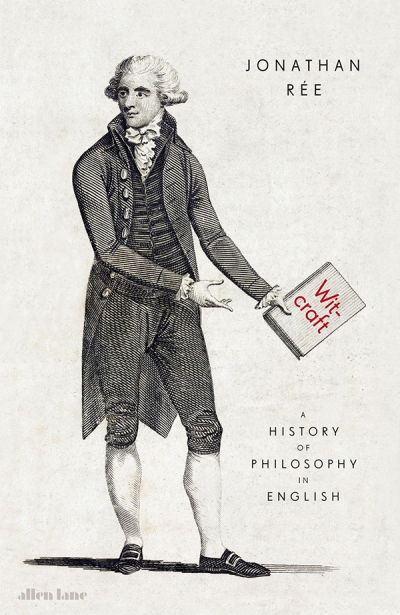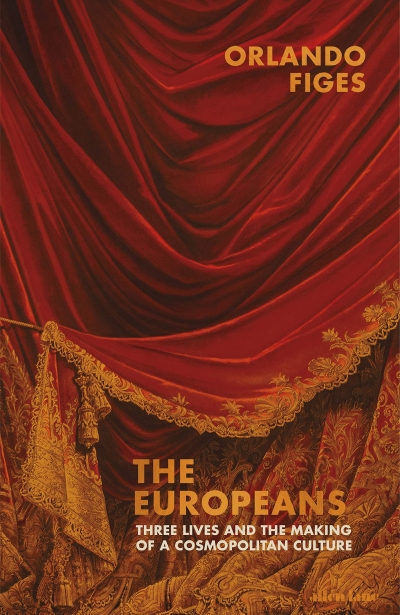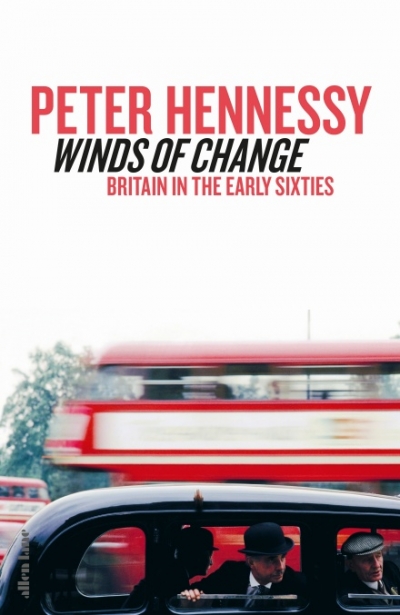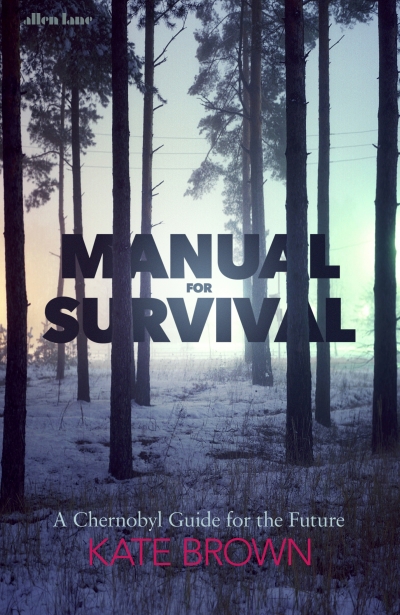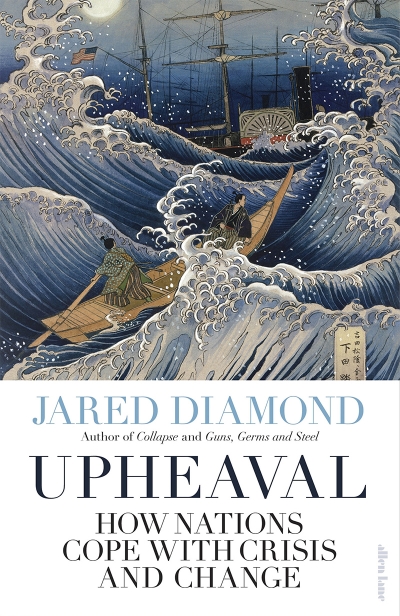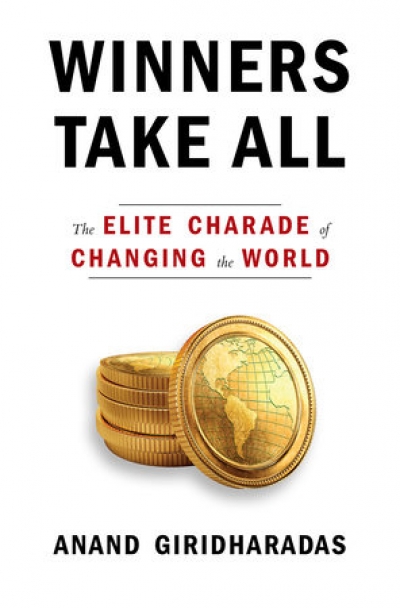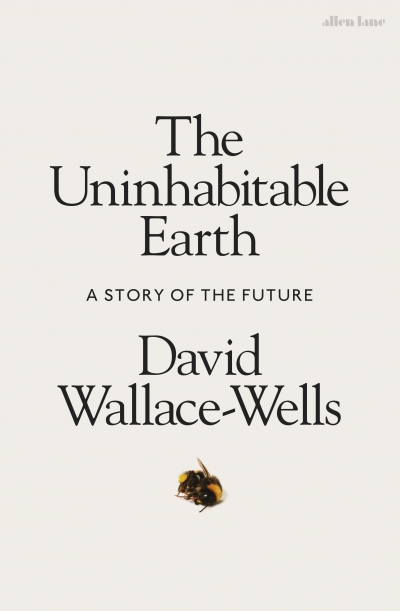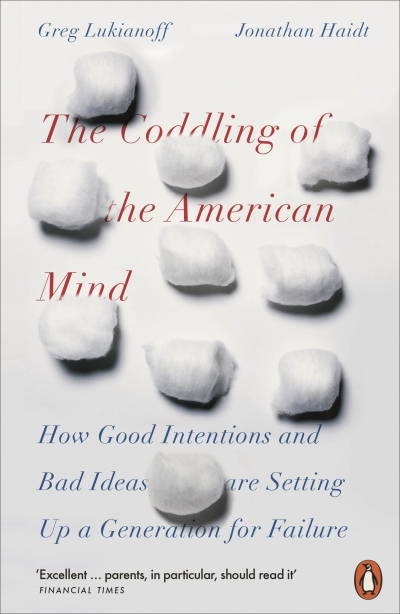Allen Lane
The Better Half: On the genetic superiority of women by Sharon Moalem
by Zora Simic •
Witcraft: The invention of philosophy in English by Jonathan Rée
by Janna Thompson •
The Europeans: Three lives and the making of a cosmopolitan culture by Orlando Figes
by Michael Shmith •
Winds of Change: Britain in the early sixties by Peter Hennessy
by Glyn Davis •
Manual for Survival: A Chernobyl Guide to the Future by Kate Brown
by Sheila Fitzpatrick •
Winners Take All: The elite charade of changing the world by Anand Giridharadas
by Glyn Davis •
The Uninhabitable Earth: A story of the future by David Wallace-Wells
by Deb Anderson •
The Coddling of the American Mind by Greg Lukianoff and Jonathan Haidt
by David Rolph •

